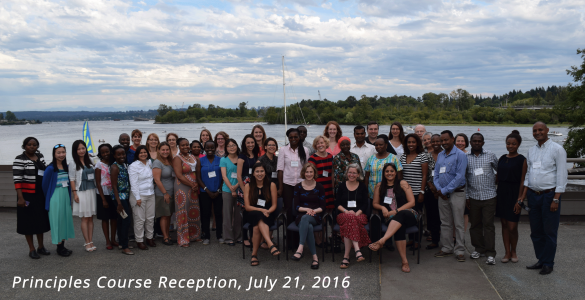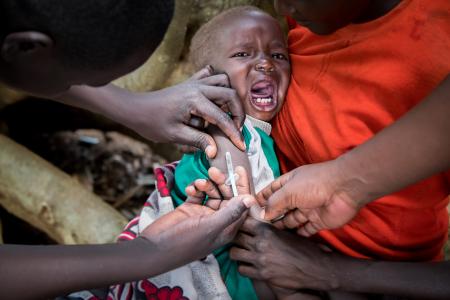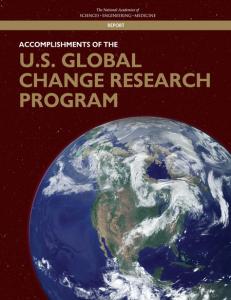Principles of STD/HIV Research Course Accepting Applications
The University of Washington Department of Global Health and the Center for AIDS and STD Research are accepting applications for the 25th Annual Principles of STD/HIV Research Course. The course will be held July 17-July 27, 2017 at UW in Seattle, Washington.






